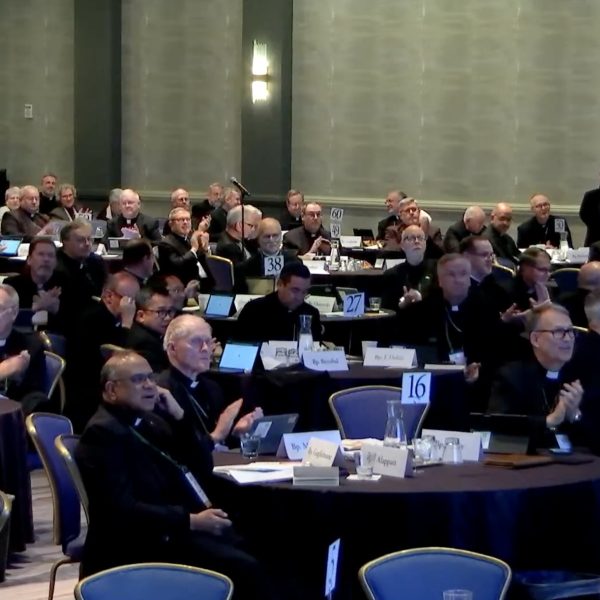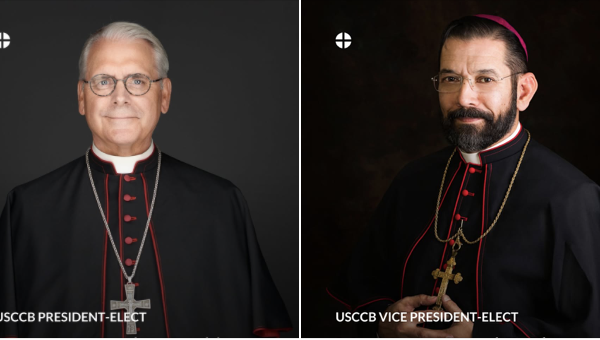SAN DIEGO — Affiliated with the Belarusian Orthodox Church, the Sisterhood of St. Elisabeth reaches out to some of their most marginalized countrymen.
Among them are children and adults with special needs, adults recovering from homelessness and addiction, and the formerly incarcerated.
Sister Elena Sevcova is a Lay Sister of Mercy. Eventually, she hopes to be one of the nuns at St. Elisabeth Convent in the Orthodox Diocese of Minsk.
She recently spoke with The Southern Cross about the Sisterhood’s work, what she has seen in her ministry, and the projects that need support.
One location where the Sisterhood ministers is at the National Psychiatric Clinic, which has more than 2,000 patients.
“Many of them have been rejected by their families – and the children since they’ve been born,” Sister Sevcova said.
She acknowledged that many of these patients will never be able to lead a “normal life,” but, because of their mental illness, will require care “until the last day of their life.”
Members of the Sisterhood also serve at boarding houses and a rehabilitation center for those with mental health challenges.
Sister Sevcova recalled a touching moment when a young boy accompanied his mother on a visit to one of these facilities.
The boy, about 5 years old, asked her, “Why are these children not like me?”
Sister Sevcova explained that they weren’t so different. Her young visitor quickly recognized that a child with special needs has “the same heart” that he does, and he suggested that he would give millions of dollars to one of the boys with special needs to make him happy.
She told the boy that money isn’t enough to bring happiness. When he asked her what is, she said it’s love. The little boy then walked over to a boy with special needs, around the same age as himself, and hugged him.
“And the first time for that little, sick boy, we heard a word (from him),” Sister Sevcova said.
St. Elisabeth Convent has founded two shelters for the homeless, those addicted to drugs and alcohol, former inmates, and others on the margins. One houses more than 180 male residents, while the other is home to about 40 women. Residents receive meals, medication, and assistance with other needs.
As part of their rehabilitation, former addicts and inmates perform agricultural work, including growing crops, working in gardens and greenhouses, and livestock farming.
“They really like to do some physical work,” Sister Sevcova said.
Donations will be accepted to continue construction at the rehabilitation center for women recovering from addiction, to purchase medicines and personal care items for residents of the boarding houses for children and adults with special needs, and to purchase similar items and food for residents of the rehabilitation center for men overcoming addiction.
In early 2025, Sister Sevcova said, the Sisterhood began preparations for “a huge project”: a planned almshouse for elderly persons in need. The current plan envisions at least 250 people being housed there.
“We decided to build a big, spacious almshouse for the people who are lonely, who (have) got no support” from children or grandchildren, she said.
“This is going to be our biggest project,” Sister Sevcova said.
“We decided to do this,” she said, “because … we can see how many sad, old faces (are) around, and we don’t want to see that.”








